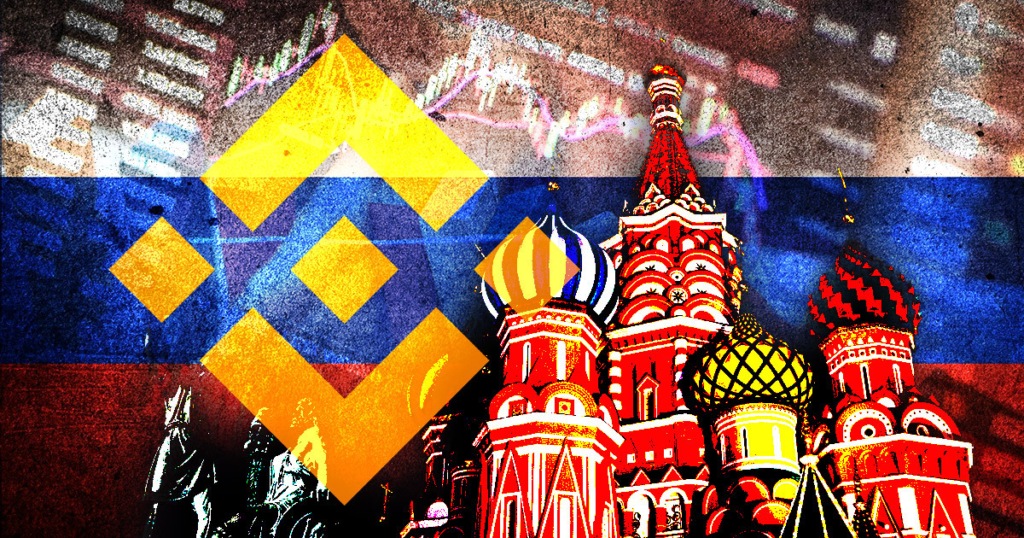Binance, the largest crypto exchange by trading volume, said it will limit services to Russian citizens after the EU announced its new sanctions against the country.
Binance said the EU’s fifth package of restrictive measures require it to limit services for Russian nationals or natural persons residing in Russia and legal entities. Specifically, these changes target individuals that hold assets exceeding €10,000($10,885).
According to Binance:
Accounts that classify under this restriction will be put into withdrawal-only mode. No deposits or trading will be permitted on these accounts. The limit also covers all spot, futures, custody wallets, and staked and earned deposits.
The exchange added that accounts for Russian nationals living outside Russia will be unaffected. However, the exchange will need proof of address to exempt such accounts from the restrictions.
Additionally, Russian citizens and entities that hold crypto assets worth less than $10,885 will remain unaffected.
Binance continues emphasizing its desire to remain compliant
Binance further noted:
Russian nationals or natural persons residing in Russia, or legal entities established in Russia, with open Futures/Derivatives positions, and who have crypto account balances that exceed 10,000 EUR will be given 90 days to close out their positions. No new positions will be allowed to be added.
The exchange acknowledged that these measures are potentially restrictive to normal Russian citizens. However, Binance said it must continue leading the industry in implementing these sanctions. Binance added that it believes other exchanges will soon follow in its suit.
Previously, Binance CEO Changpeng Zhao said the exchange would not ban all Russian users from using its platform. At the time, he asserted that freezing the assets of all Russians would be illegal.
However, CZ also said the company would make such a move to adhere to sanctions.
He also said crypto is not an effective method for Russians to evade western sanctions because the blockchain’s transparency makes it easy to trace transactions.

